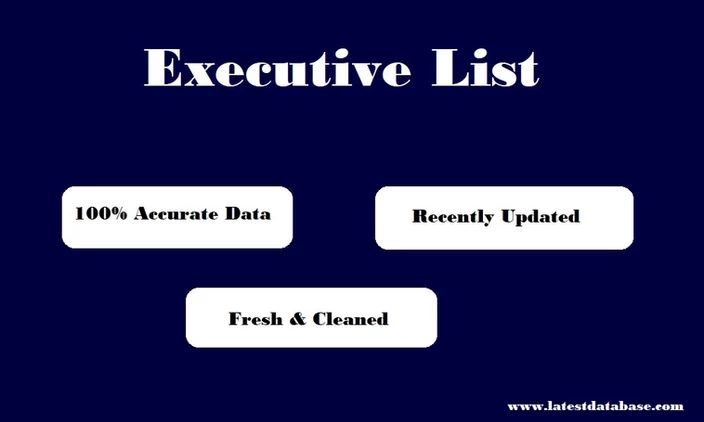The questions of the interview can be summarized into the following six types, gradually changing from objective description to subjective judgment, from reason executive list analysis to program suggestion . The types of questions that emphasize objectiveness include factual and behavioral questions. Factual questions: Ask about facts that already exist executive list objectively, such as asking about the user's position, working years, etc. Behavioral questions: Ask about user experiences, such as the process of selling makeup. Problems that emphasize the subjective judgment of users include tendency problems and causal problems. Orientation Questions: Ask users about their preferences, such as which color suitcase do you prefer. Reasonable Questions: Ask the user for the reason behind it.
The types of questions that emphasize the user's expressed opinions include subjective questions and suggestive questions. Subjectivity executive list Questions: Ask users for their subjective views on things, such as why you think clients prefer south-facing units. Suggested Questions: Ask users for suggestions for the product or solutions to problems, such as your suggestions for improving the appeal of the campaign. The above types of questions can help executive list us better design the level of questions and make the interview more fluent. 1. Ask more open questions than closed ones The interview is to hope that users can express more fully and freely, so developmental questions should be used as much as possible in the interview,
So that users can express according to their own understanding and thinking. Closed-ended questions allow users to answer only yes or no. You executive list spend 30 seconds explaining and explaining a question, while the user only answers one word. There is too little information, and the respondent is easily passive. Closed-ended question handling executive list method: Closed-ended questions should be followed by open-ended questions, so that users can explain more reasons and provide more information. "Do you like shopping?" You can ask later "Can you tell me about your most recent shopping experience?" 2. Ask more specific questions than abstract executive list ones Concrete questions ask about specific events, and corresponding to abstract questions, abstract questions need to be summarized and summarized when users answer them.

